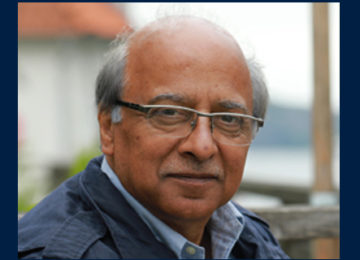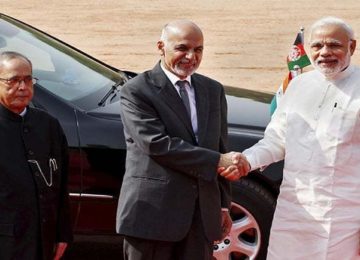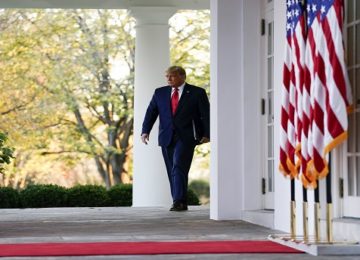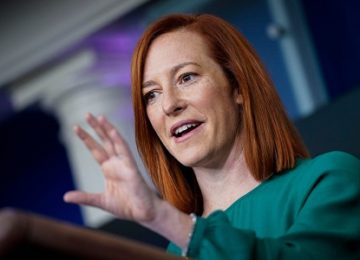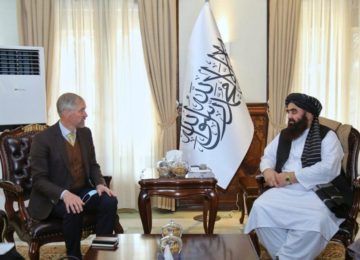Afghanistan’s Deputy Ambassador to Pakistan Zardasht Shams spoke to CRSS, sharing his insights on the electoral system in Afghanistan. The transcription of the recorded speech is as under:
![]()
We are facing many challenges; with that we also have countless opportunities. Afghanistan has suffered a lot for the last three to four decades. However, there is more optimism among the Afghan people now. The parliamentary elections in Afghanistan have been delayed for more than two years, but a few months back the Election commission of Afghanistan made one of the most awaited decisions and finalized the date. Hence, elections in Afghanistan will be taking place, God willing, in October this year.
Afghanistan is new to democracy. Historically, as you know, Afghanistan has been ruled by dynasties, monarchies, then the communists took over and afterwards Mujahideen and Taliban followed. Elections were once held under the auspices of King Zahir Shah, but soon the process was disrupted. In recent times, Afghanistan had an interim set-up in the transitional period. The first Afghan presidential election took place in 2004 and soon after parliamentary elections were held in 2005. The resilience and spirit of the Afghan people was unprecedented. Elections of 2004 were more peaceful; voting rights were extended even to the Afghan refugees in Pakistan and Iran. Unfortunately, with the passage of time, the insurgency and Taliban resistance gained momentum and it became a major challenge for our governments and our international partners to have free, fair, and more inclusive elections.
You must have heard of the issues that occurred in the last elections; though there were concerns but thanks to the Afghan leadership which eventually agreed on an agreement that resulted in the formation of the National Unity Government (NUG) and so far it is doing reasonably well.
There are always issues in democracies; Afghanistan is no exception. One also has to understand that Afghanistan has a very distinct form of system and challenges as compared to Pakistan. Afghanistan has a more centralized system – the Presidential System. The President nominates his Ministers and sends the names to the Parliament for vote of confidence. Ministers are answerable to both – the President and the Parliament. Unlike Pakistan, there is no opposition or leader of the opposition.
Elections in Afghanistan are very expensive. For instance, the last elections cost us more than $200 million. This may be due to the lack of proper infrastructure, poor logistics, and security issues. Thus, the government has to hire staff and people on a project and contract basis to incentivize them to do the job. This may also be because Afghanistan, being new to democracy, has a system which is not yet institutionalized and developed. Keeping this in view, lack of funds may also be one of the reasons for delay in Afghan elections.
The Government of Afghanistan has now also decided to have registered voter lists in each and every district of Afghanistan for transparency.
The other important aspect in Afghan electoral process is that it is not constituency based. This particularly becomes problematic in parliamentary elections. The candidates contest on provincial basis where people of any district can vote for any candidate in any other district of the province. This leaves candidates with no other option but to campaign in the whole province which adds to their expenditures. It is basically an open merit system. The top most candidates make their way to the parliament.
One again, we are having threats by insurgents as we had last time, but the people of Afghans deserve immense respect that they came out and cast their votes. The turnout was more than 60%, which is remarkable.
I remember that during last elections, in our district, one of the polling stations came under attack. There was firing and shelling, but after an hour or two the vote casting started again. It shows the commitment of the people and their resilience to make the electoral process more successful. There will be problems, there will be differences, but the system must continue for inclusive development.
Lack of political party culture is another issue in Afghan electoral process. Democracy cannot flourish well without a strong party system. It now seems that this culturing is beginning to develop within Afghanistan.
Elections this year too will not be smooth. It will be a challenging process, but if there is a will, which is there, we will have elections, new parliament and next year we will have presidential elections.
Talking about relations between Afghanistan and Pakistan, I will say that it is the people on both sides of the border who suffer due to the tense state-to-state relations. But now, due to Pakistan’s Prime Minister Abbasi’s visit to Kabul last month followed by resumption of state-to-state level dialogue between the two countries, the bilateral relations seems to be increasingly improving. Even at this time, we are having a high level delegation from Afghanistan including three Ministers on a visit to Pakistan for trade talks. In the coming weeks or months, you will hear more positive news coming out. ![]()
© Center for Research and Security Studies (CRSS) and Afghan Studies Center (ASC), Islamabad.




